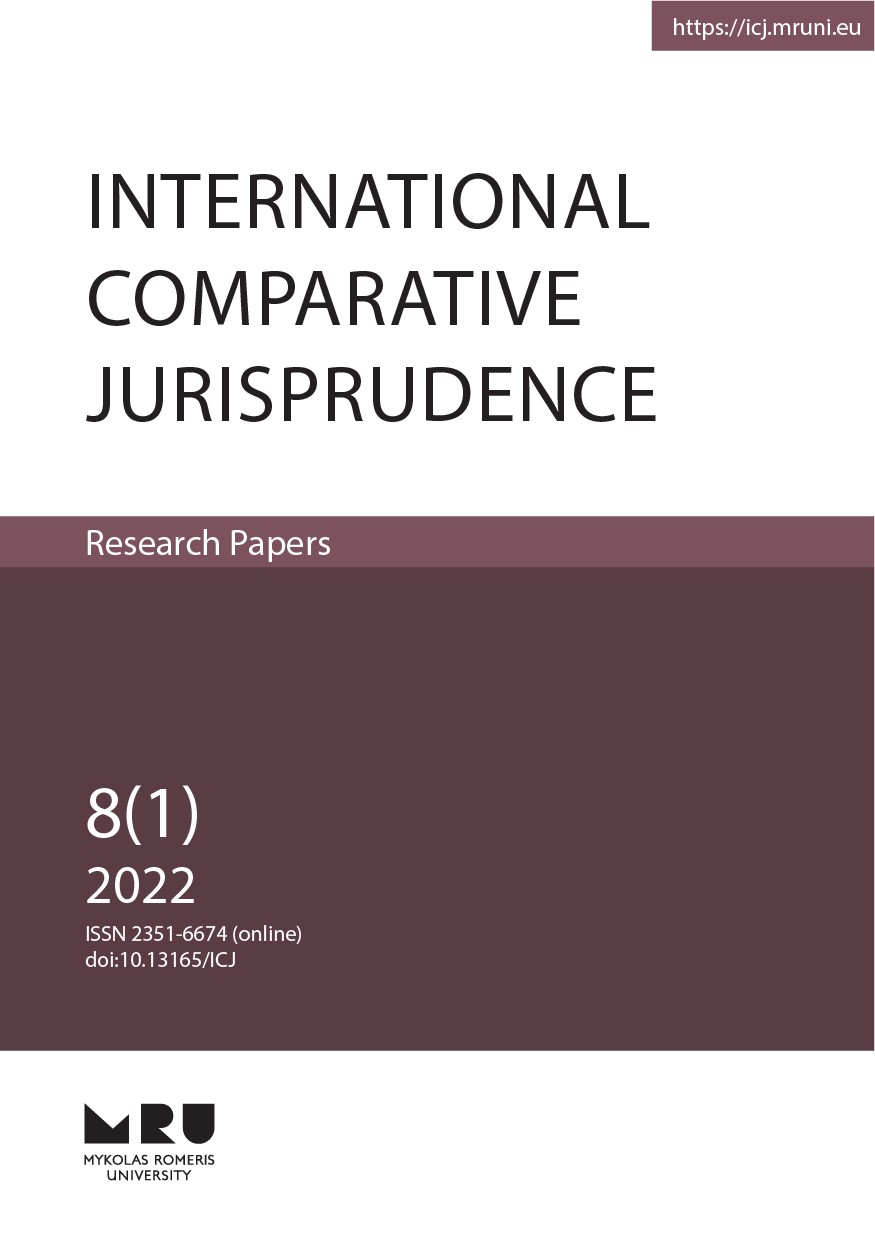CONCERTED PRACTICES: CONCEPT AND EVOLUTION
CONCERTED PRACTICES: CONCEPT AND EVOLUTION
Author(s): Martynas JablonskisSubject(s): Law, Constitution, Jurisprudence, EU-Legislation
Published by: Mykolas Romeris University
Keywords: concerted practices; tacit acceptance of collusion; exchange of information; rebuttable presumptions; cartel enforcement; the EU competition law;
Summary/Abstract: The doctrine of concerted practices has been developed over several decades of jurisprudence. To grasp this doctrine in a coherent and structured manner is essential for understanding cartel enforcement under Article 101 TFEU. This article shows that the evolution of concerted practices could be divided analytically into six distinct stages. Some important precedents have been adopted at each stage. We capture them by the succinct formulation of “rules”. The entire set of “rules” concisely represents the doctrine of concerted practices. We then turn to their critical reflection. A fuller picture of concerted practices emerges, revealing important weaknesses in the doctrine: (i) an apparent lack of new conceptual developments, which could be partially explained by the rule that enabled imprecise qualification of cartel infringements as agreements “and/or” concerted practices; and (ii) rebuttable presumptions and notions of passive participation or tacit acceptance of collusion gradually turned into a sui generis prohibition of exchange of information, which is hardly compatible with the definition of concerted practices or even violates the presumption of innocence. The doctrine of concerted practices was shaped before the age of the internet and virtual competition, which makes it fairly outdated for addressing emerging issues of algorithmic collusion. We could expect a resurgence of interest in the fundamentals of the concept and forthcoming new conceptual developments.
Journal: International Comparative Jurisprudence
- Issue Year: 8/2022
- Issue No: 1
- Page Range: 13-25
- Page Count: 13
- Language: English

